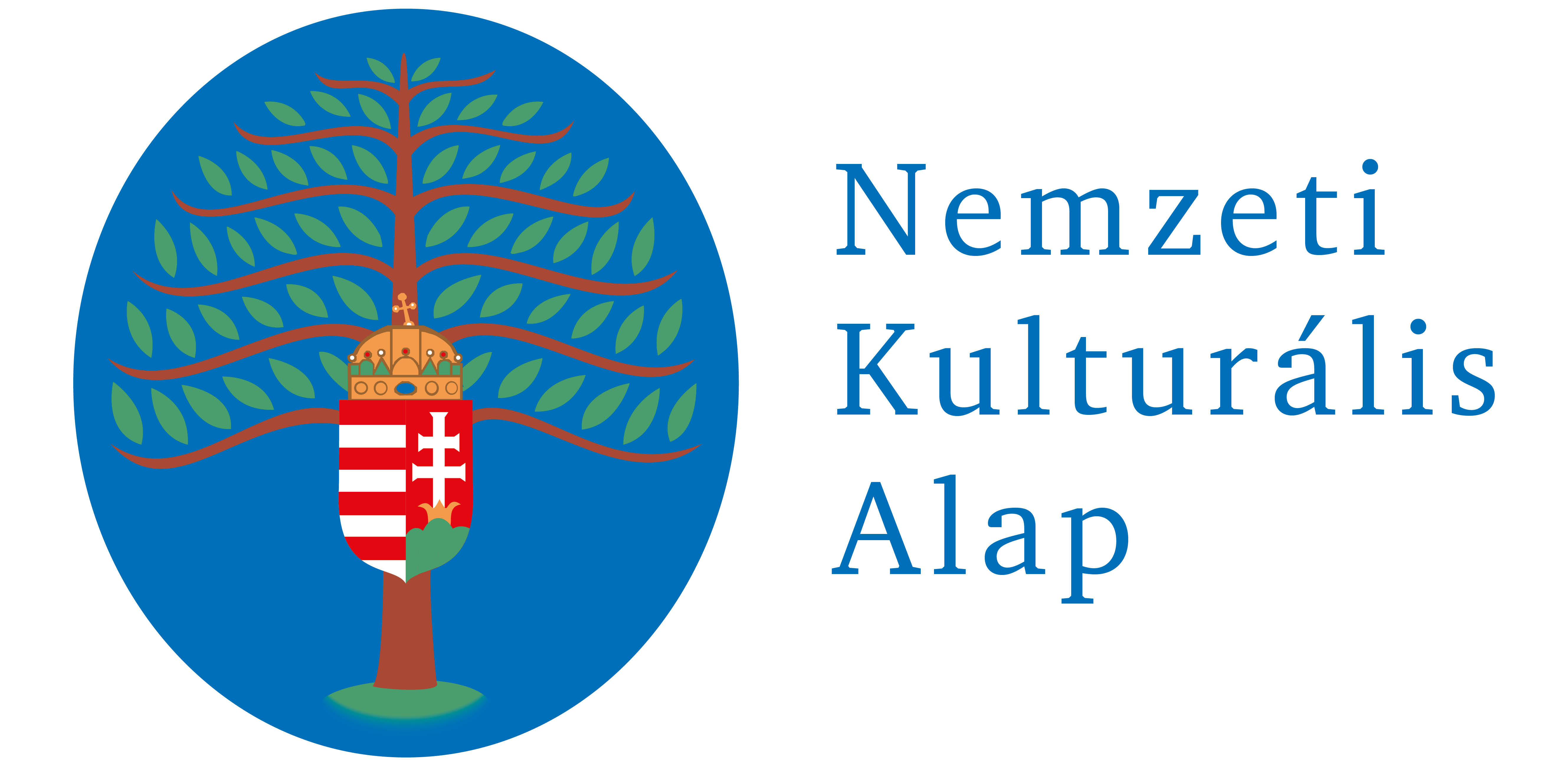Naptár
2024. április 15–19.
2024. április 20.
Eötvös József Kárpát-medencei középiskolai szónokverseny
2024. április 24. – május 3.
Tovább...
1. 2018.
Abstracts in English
Studies
Koltay, Tibor
The „literate”university student
This study discusses academic literacy, i.e., skills, attitude, and knowledge that a university student needs to acquire so as to read, interpret and produce texts meeting the expectations of a given scientific community and of academia in a wider sense. Besides often discussed topics such as how to reference literature and avoid plagiarism, this study discusses the importance of critical attitude towards information, the need for interpretation, information overloadand how to ease its symptoms. This study argues that we need to raise students’ consciousness that the processes of writing and reading are not linear, since reading, thinking, synthesis and writing are based on a series of recurring steps; furthermore, that writing does not only include the production of new information but the collection and organisation of information too. It is also important to know their target audience, with special attention to the scientific community where they belong to.
Hujber, Szabolcs
Identification with lyrics – in the light of a questionnaire survey
Being of high importance in the life of young people, the genre of lyrics has recently appeared in the requirements of school leaving exams. More and more scientific articles investigate lyrics, primarily when comparing them with sophisticated poetic texts. Rhetorical analysis proves to be useful for the analysis of lyrics – among others for its complexity. This study is based on a questionnaire survey where questions have been compiled with the understanding that listening to music is a rhetorical situation. This study, placing Burke’s theory of identification (as a unifying force aiming at the elimination of alienation) in the centre, investigates whether lyrics contributes to the effect of the song, what role repetition as a figure of speech has, and what methods of reaching the listener take care of the success of persuasion.
Workshop
Tolnai Varga, Piroska
Discourse organizing elements in student essays
This study, the edited version of the presentation given at the University Linguistics Days in Novi Sad in 2017, investigates the occurrence of discourse organizing elements in the text production exercises of students at a secondary grammar school in Vojvodina, in essays produced at school leaving exams. The main questions are: in what functions do these elements occur in texts and what consequences the absence of these elements may have. The aim is to show through analysed examples that the examined linguistic elements should play a more important role as indicators of metapragmatic awareness during the teaching of text production and thus increase the persuasive power of text and the text producer’s awareness. Finally, the study provides an overview of the practical implications in terms offoreign language teaching.
Balla, Nóra
The psycholinguistic aspects of note taking
The goal of this paper is to examine the process of note taking from a psycholinguistics point of view, and to develop an adequate methodology for this purpose. The research reviews the notes of three classes in high school, all taught by the same teacher in 8th, 10th and 12th grade. The study reflects on the change of the note taking strategies in relation to gender, age and proficiency. The research revealed that the proportion of the information, linguistic shape and the application of the note-taking strategies. The initial hypothesis that with growing older, students apply the strategies better, have creative reductions and there are more and more pieces of information in the notes proved to be right. Through ageing, students are developing unique styles in note taking. The study also describes the methodology that can be used in the future to get a more exact picture of note-taking tendencies.














